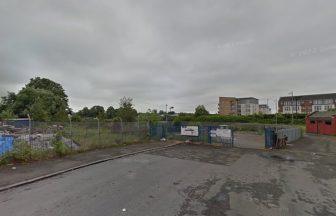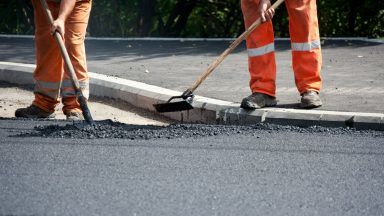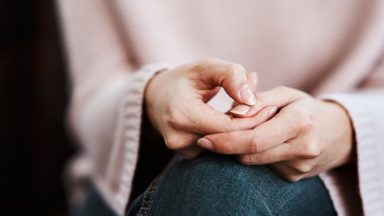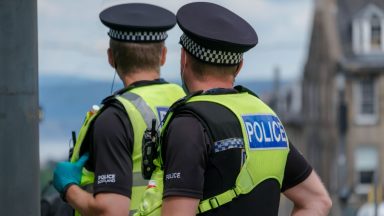With a shortage of beds and ambulances queueing up across the west of Scotland, closing the NHS’s temporary emergency critical care hospital may be “one of the worst decisions” made during the pandemic, a GP has said.
The NHS Louisa Jordan was opened in April last year inside Glasgow’s Scottish Events Campus (SEC). It was not used to treat Covid-19 patients but it did host thousands of medical appointments and saw 370,000 vaccines administered.
On March 31, the hospital was closed to allow preparations for COP26 to go ahead, a decision that Dr John Montgomery, South Glasgow GP committee chair, said will come to be regretted.
“You’ve got an NHS that works, before the pandemic, at maximum capacity, then when you suddenly have the crisis of a global pandemic, you don’t have sufficient beds,” he told STV News.
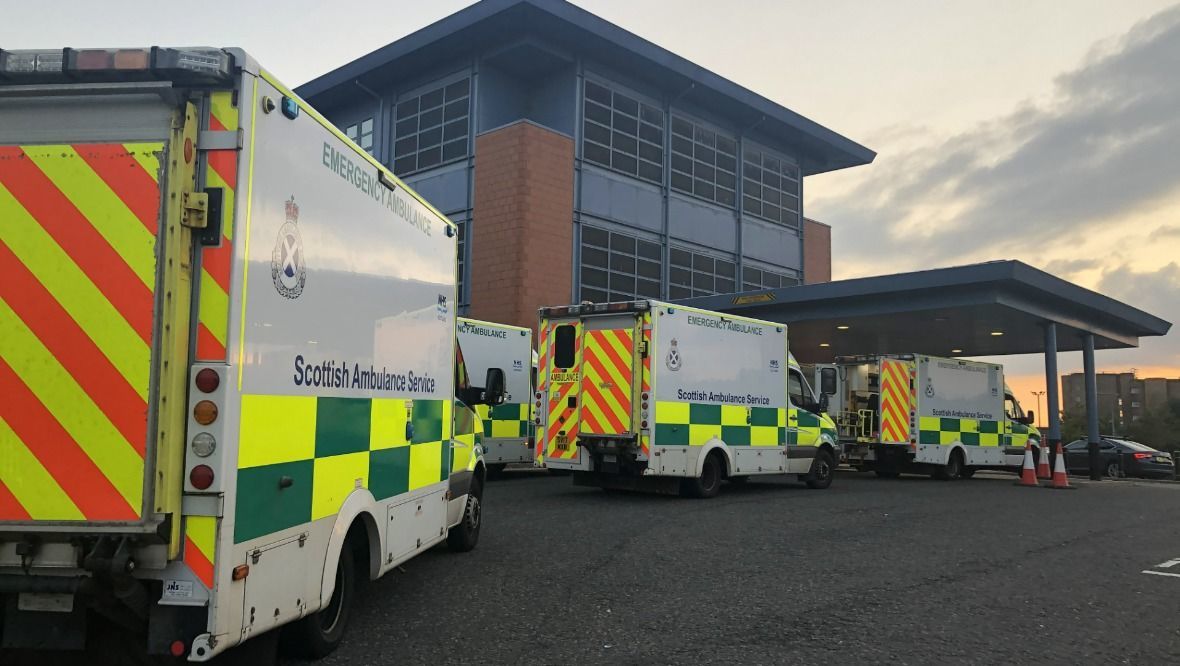 STV News
STV News“Ambulances can’t offload patients into hospital and waiting times for ambulances have hit crisis point.”
A patient in Dr Montgomery’s part of the city died at home after waiting for an ambulance 40 hours.
The First Minister apologised to those who had endured long waits for ambulances, including the family of Gerard Brown.
The Scottish Government has officially requested support from the military to deal with pressure in the Scottish Ambulance Service (SAS).
But as Scotland continues to have the highest level of coronavirus cases in the UK, Dr Montgomery said he and his colleagues have never been so afraid.
“I’ve been practising for over 30 years, this is the most fearful that we’ve ever been when it comes to the impending winter,” he said.
“We’ve dismantled the Louisa Jordan at a time when we actually need it. We need to offload patients into hospitals to free up the ambulances.
“The Louisa Jordan would have been ideal.”
Dr Montgomery said the current crisis is not only down to the pandemic, agreeing with the president of the Royal College of Surgeons of Edinburgh who said there was “a real workforce problem in the NHS and in social care”.
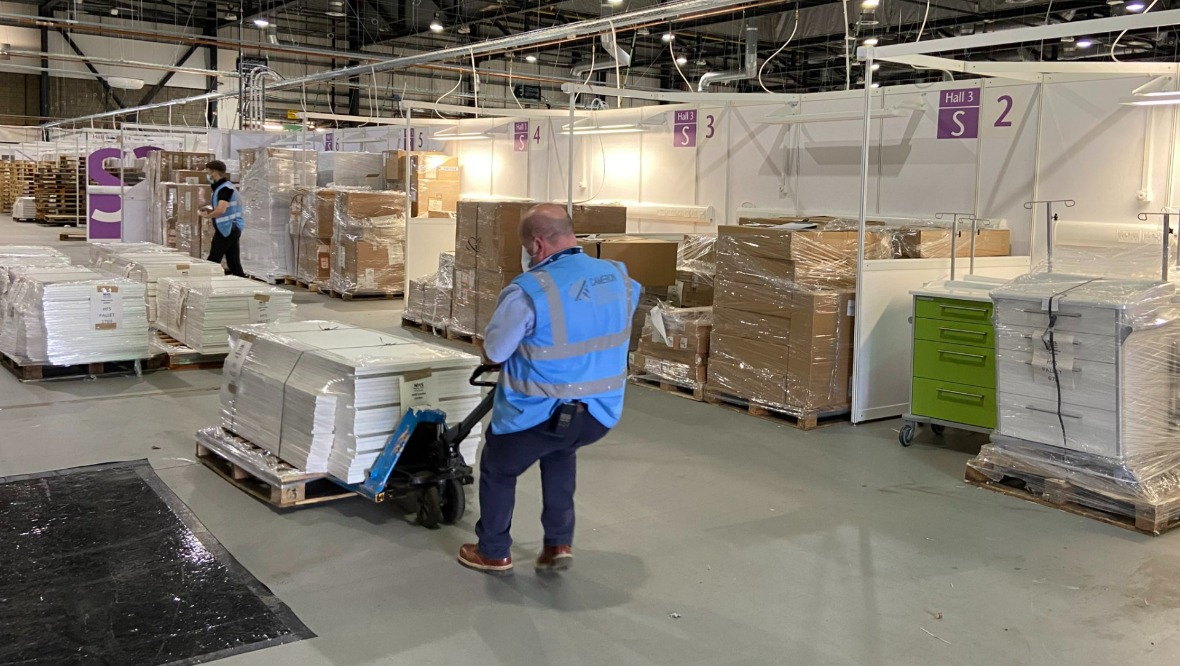 Email
Email“We don’t have the number of GPs that we need to have to serve the population,” said the Glasgow GP.
“If there are not enough gatekeepers it’s going to have a knock-on effect up the line. It puts pressure on secondary care and the issues that flow from that.
“The tragic ambulance cases are just a symptom of what’s going on and what potentially is coming ahead.”
The Ministry of Defence has said the Scottish Government request for aid is to support mobile testing units currently deployed by the SAS, which would free up resources in the service.
A Scottish Government spokesperson said: “The Louisa Jordan was a scheduled closure to allow preparations for COP26 to begin.
“Whilst our ambulance service, like all areas of our NHS, is facing the biggest challenges it has faced since its creation, people in emergency situations can always expect an ambulance.
“We continue to work closely with SAS to put in place a number of actions to increase their capacity
“Meanwhile, our NHS Recovery Plan, backed by over £1bn of funding, is supporting an increase in inpatient, daycase, and outpatient activity to address backlogs.”
Follow STV News on WhatsApp
Scan the QR code on your mobile device for all the latest news from around the country


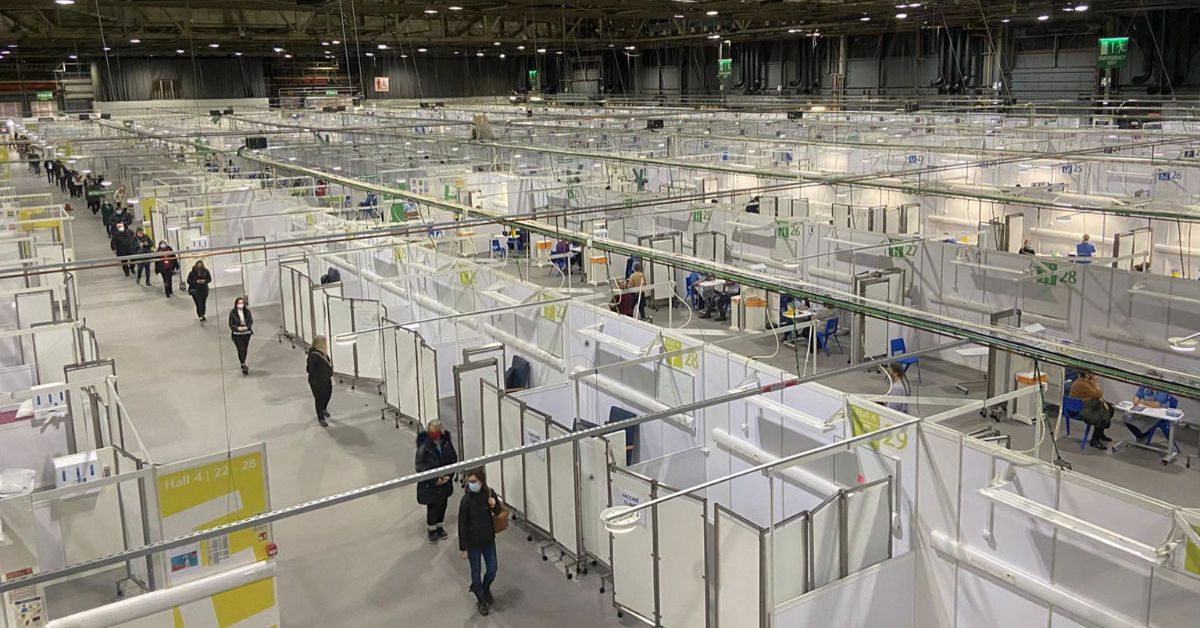 Twitter
Twitter














